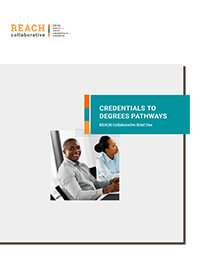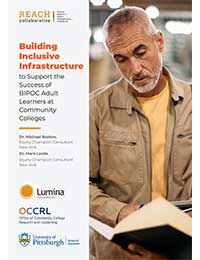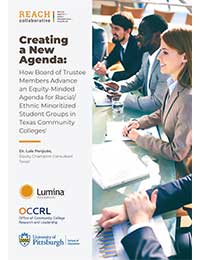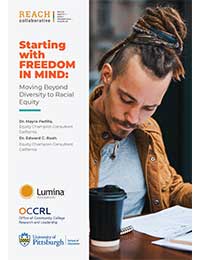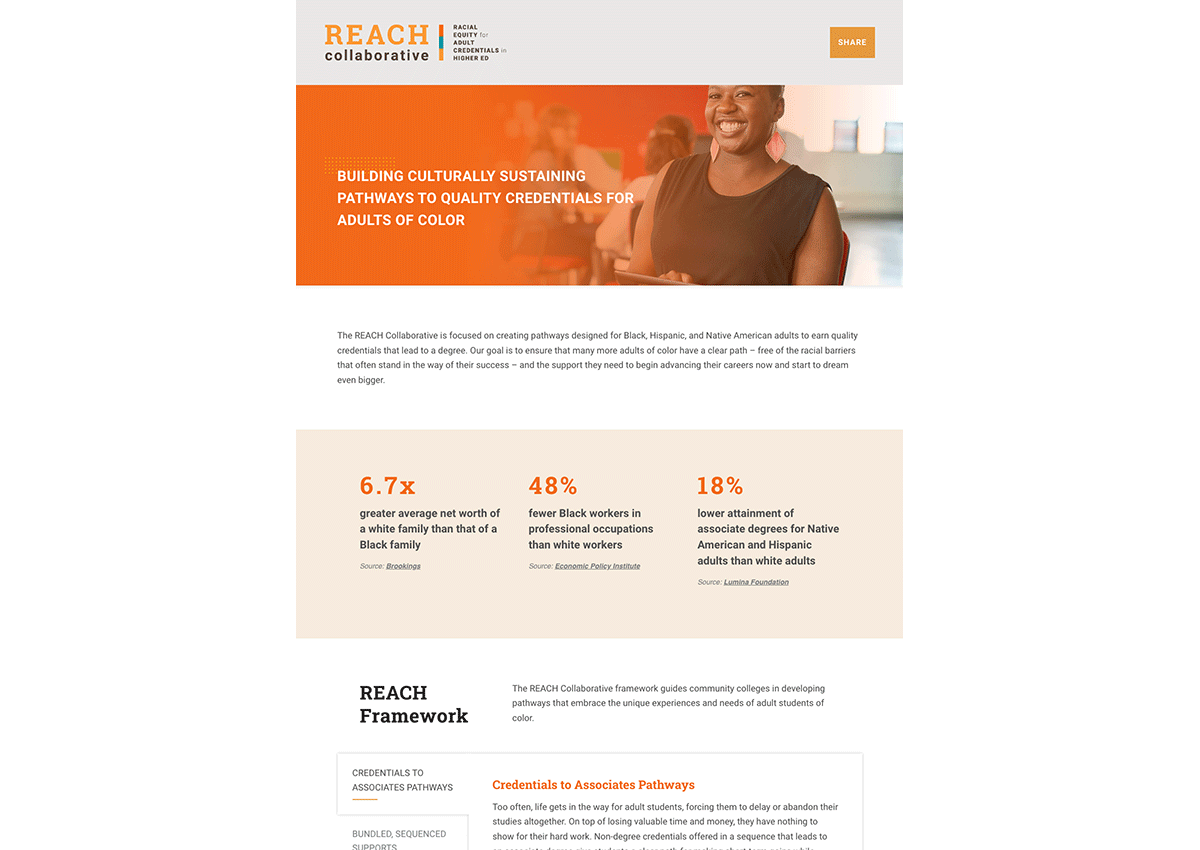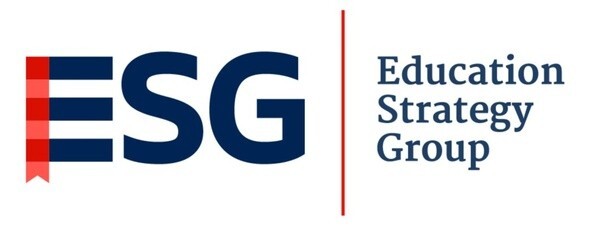Credentials to Degrees Pathways
Too often, life gets in the way for adult students, forcing them to delay or abandon their studies altogether. On top of losing valuable time and money, they have nothing to show for their hard work. Non-degree credentials offered in a sequence that leads to an associate degree give students a clear path for making short-term gains while continuing to progress toward their ultimate goal. REACH’s Credentials to Associates Pathways are focused on access to high-wage careers in growth industries and are employer verified to ensure they provide relevant professional skills.
Their speed and stackability are a necessary and practical response to the expensive stops and restarts adult learners of color have had to face for far too long.
Bundled, Sequenced Supports
Many adult students of color are managing a delicate balancing act of life responsibilities – one that could collapse at any time. Whether the issue is loss of financial resources, transportation, or childcare, finding the right help when things fall apart becomes one more hurdle. Adult students of color need proactive, holistic support that starts addressing their needs in and out of the classroom before they ever step foot in one. By combining comprehensive academic and non-academic support, like career advising, REACH colleges increase the likelihood that these students will be able to meet the demands of school and their busy lives, choose the best pathway for them, and ultimately, get where they want to go.
Culturally Sustaining Practices
The traditional college-going experience was not designed with adult students of color in mind. Inequitable policies and practices, ranging from enrollment and placement processes to access to financial aid and student services, send an unintentional message to these students that they don’t belong and are not welcome in higher education. In developing their pathways, REACH colleges are committed to planning every step of a student’s journey with a focus on racial equity. Guided by equity champions, they identify and eliminate racial barriers to success and adopt practices that embrace the cultures of adult students of color, supporting them in their chosen pathways.


